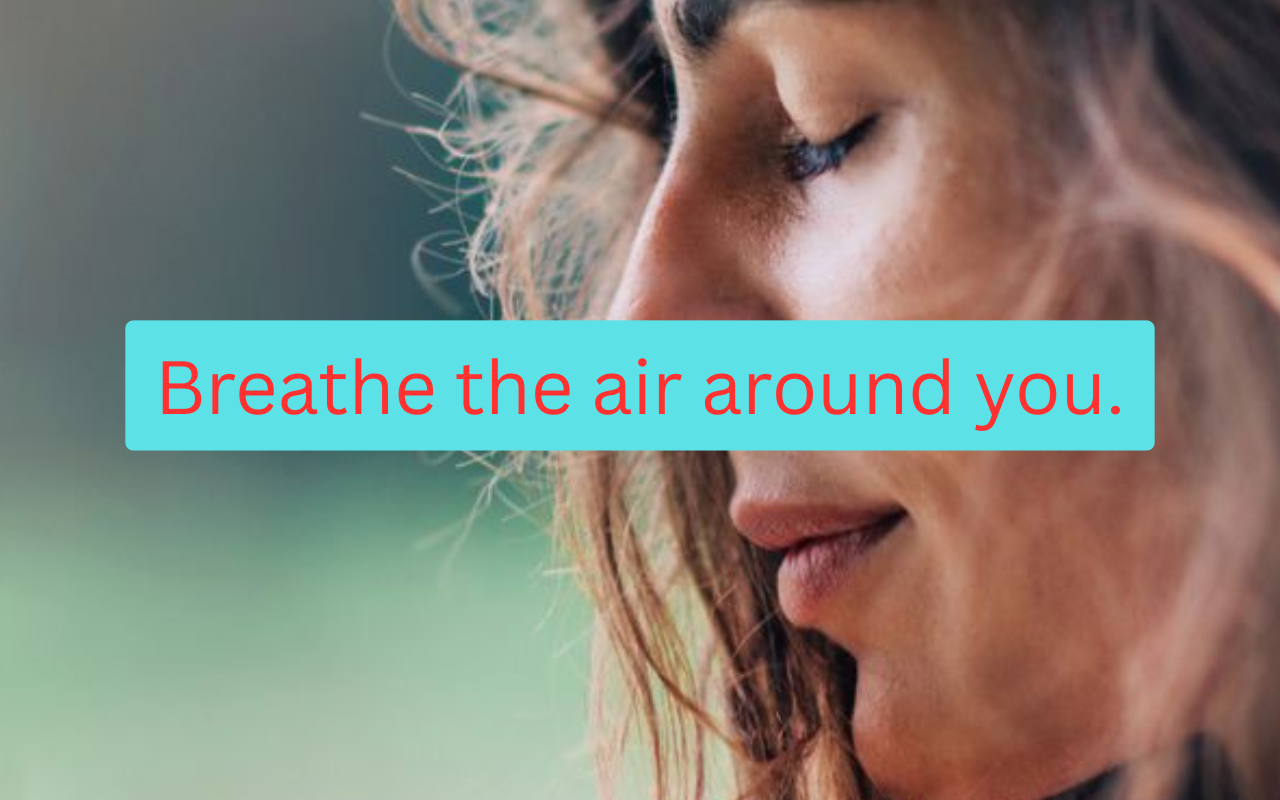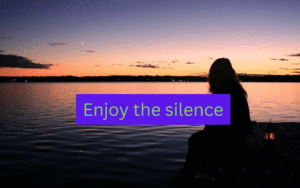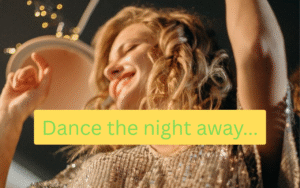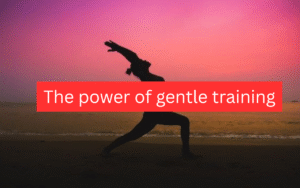Breathing is more than a reflex—it is movement in its purest form. The mature woman understands that conscious breathing energizes the body, calms the mind, and harmonizes the spirit. Each inhale and exhale is an opportunity to cultivate vitality, presence, and resilience.
Why Breath Matters
Scientific studies confirm that mindful breathing regulates the nervous system, reduces stress hormones, and enhances focus and mental clarity (Harvard Health — www.health.harvard.edu). Unlike most physical exercises, breath is available at any moment and serves as a bridge between body and mind.
Breath as Movement
When approached intentionally, breathing becomes a dynamic, flowing practice:
- Full-Body Engagement: Each breath activates muscles, aligns posture, and promotes energy circulation.
- Mind-Body Synchronization: Breath anchors attention, reduces mental chatter, and enhances presence.
- Emotional Release: Conscious exhalation helps release tension, anger, or anxiety.
Practical Practices for Everyday Life
- Diaphragmatic Breathing: Place a hand on your abdomen and feel it expand and contract with each breath.
- Box Breathing: Inhale for four counts, hold for four, exhale for four, pause for four—rebalances the nervous system.
- Movement Integration: Pair breath with yoga, Pilates, or walking for enhanced vitality.
- Morning Rituals: Begin the day with deep, intentional breaths to energize the body and mind.
- Mindful Pauses: Take short, conscious breathing breaks during work or daily tasks to reset energy.
The Feminine Elegance of Breath
Breath is subtle, yet profoundly transformative. A woman who masters conscious breathing moves with ease, grace, and radiant presence. Breath becomes a silent teacher, guiding posture, energy, and emotional resilience.
Conclusion
Breathing as movement is a forgotten key to vitality. By reclaiming this natural rhythm, the mature woman strengthens her body, calms her mind, and illuminates her presence. The glow of life, energy, and grace begins with nothing more than each conscious inhale and exhale.
Sources:
- Harvard Health Publishing — www.health.harvard.edu
- National Institutes of Health — www.nih.gov
- American Psychological Association — www.apa.org
- Cleveland Clinic — my.clevelandclinic.org




